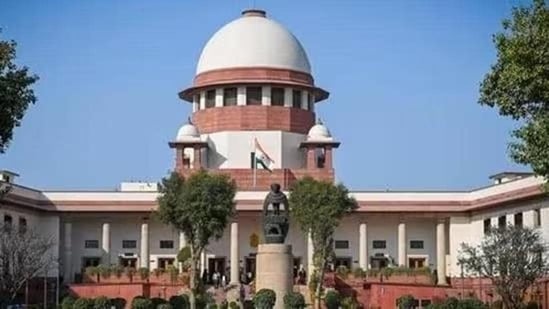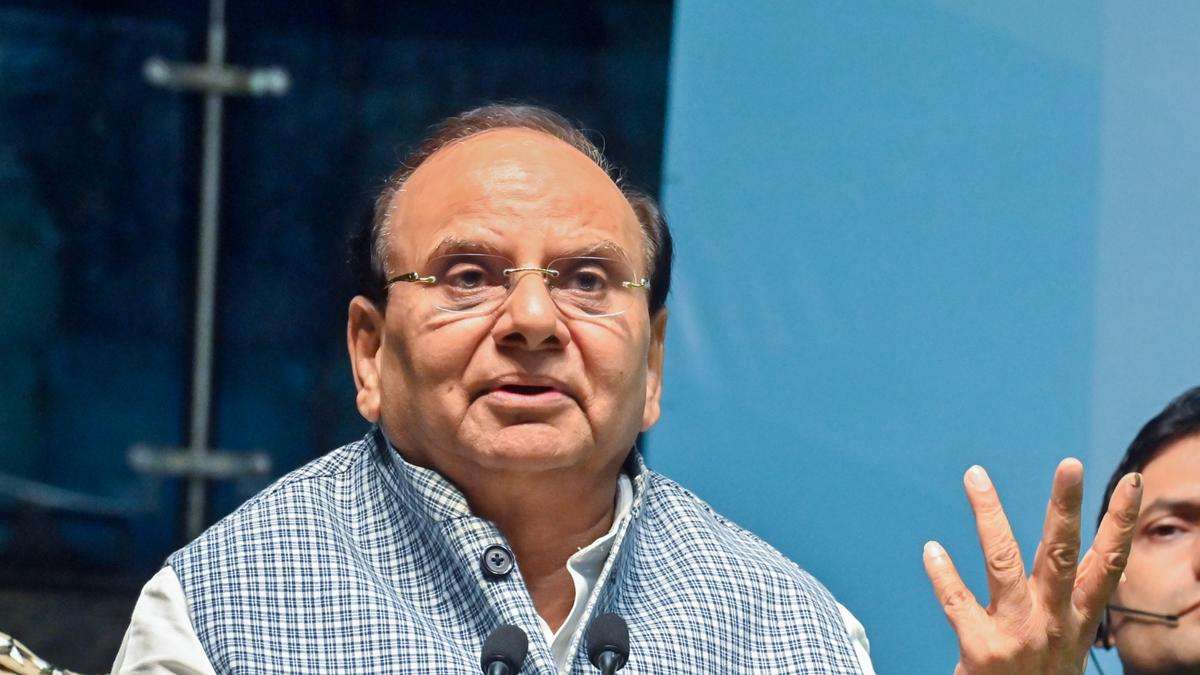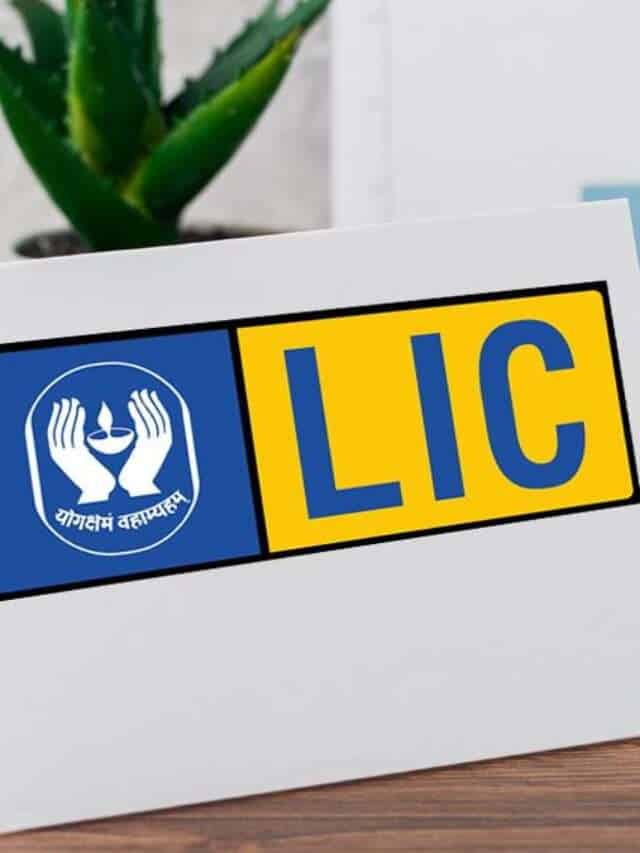Supreme Court pronounced its verdict, saying that the L-G’s authority is not a relic of the past
The Supreme Court on August 5 held that the authority of the Lieutenant Governor of Delhi to nominate 10 persons with special knowledge of municipal administration to the Municipal Corporation of Delhi is a statutory duty attached to his office and he is not bound by the aid and advice of the Council of Ministers.

The judgment authored by Justice P.S. Narasimha, heading a Bench also comprising Justice Sanjay Kumar, held that the power of the L-G is drawn from Section 3(3)(b)(1) of the Delhi Municipal Corporation Act 1957.
xena | Photo Credit: ANI
The Supreme Court on August 5 held that the authority of the Lieutenant Governor of Delhi to nominate 10 persons with special knowledge of municipal administration to the Municipal Corporation of Delhi is a statutory duty attached to his office and he is not bound by the aid and advice of the Council of Ministers.
The Act, a parliamentary law, was amended in 1993 to vest the power to nominate 10 expert persons.

The judgment authored by Justice P.S. Narasimha, heading a Bench also comprising Justice Sanjay Kumar, held that the power of the L-G is drawn from Section 3(3)(b)(1) of the Delhi Municipal Corporation Act 1957.
The two-judge Bench referred to a Constitution Bench judgment which had laid down that the executive power of the Delhi government would conform to a parliamentary law dealing with subjects in the State and Concurrent Lists of the Seventh Schedule of the Constitution.
Justice Narasimha did not agree with senior advocate AM Singhvi, appearing for Delhi, that the power of the L-G was both semantic and a “relic of the past”.
Mr. Singhvi had argued that the national capital had a democratically elected government, which should be allowed to run its own municipal administration without interference from the L-G office.
“The statutory power under Section 3(3)(b)(1) to name the 10 persons of special knowledge was vested in the LG for the first time through the 1993 amendments to the DMC Act, 1957 in order to incorporate constitutional changes in Articles 239AA and 239AB (provisions which deal with the establishment of the Delhi government) of the Constitution in Part 9A concerning municipal administration,” Justice Narasimha observed.
“This is a law made by the Parliament… The law requires the L-G to exercise power,” the court noted.

The legal question before the court was whether the L-G could nominate the 10 persons as a part of the statutory duty of his office or was he bound by the aid and advice of the Council of Ministers.
The power of the L-G to nominate is expressly given in the DMC Act, a parliamentary law.
“The L-G is to act as per the mandate of a statute and not guided by aid and advice of the Council of Ministers,” the court held.
Read More-Liquor Policy: Delhi High Court Upholds Chief Minister Arvind Kejriwal’s Arrest By CBI




















